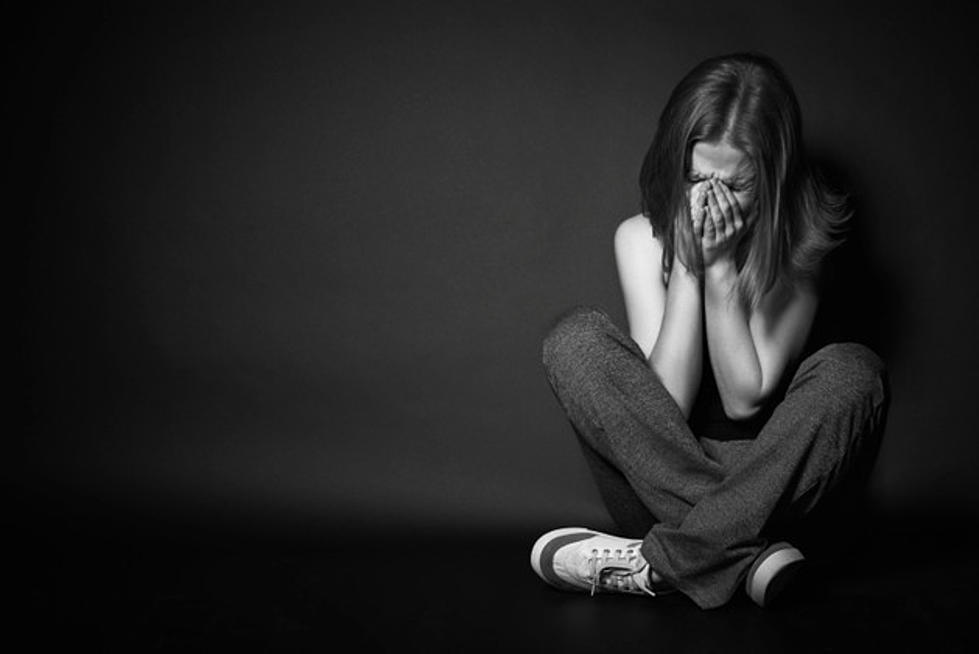
COVID-19 raising concern about NJ kids contemplating suicide
The COVID-19 pandemic continues to create stress and anxiety for children across the Garden State, but some find it more nerve-racking than others.
According to Shauna Moses, the vice president of public affairs and member services for the New Jersey Association of Mental Health and Addiction Agencies, there is concern the pandemic may push some of these kids to contemplate suicide — a Virtual Suicide Prevention conference is being held this week to address the issue.
She said many children and adolescents were already under a lot of stress even before the pandemic began, but COVID-10 has compounded the problem.
“If somebody already has depression that could be exacerbated, it further increases the risk of suicide,” she said.
Moses pointed out even in cases where a mental health issue has not previously been identified, the pandemic may cause one to develop because of “the isolation, worry about developing the coronavirus, or any of their friends or family may develop it, there could be economic issues if family members have lost any jobs.”
Experts at the conference are discussing a wide variety of mental health initiatives in response to the pandemic, including how schools can help to offer support to students during the ongoing health emergency, approaches to suicide prevention and overcoming mental health challenges and a review of the signs a young person may be having suicidal thoughts.
Moses noted it’s important for teachers and school administrators to be aware of these signs so they can get kids the appropriate help they need, but parents and caregivers also need to recognize the signals that something is wrong.
"And if they think there is that risk, this is very difficult but it’s so critical to ask the question: 'Are you hurting yourself?' 'Are you specifically thinking of suicide?'" she said.
She stressed bringing up the subject of suicide and discussing it will not increase the chance of a child trying to hurt himself or herself, but it’s important for parents and caregivers to show genuine concern and not become over-reactive.
She said signs of suicidal thoughts may include depression or moodiness over a period of time, “changes in behavior, if they’re withdrawing from their relationships with their friends, there’s a lot of opportunity to still be in touch with friends on social media, texting, face time, that kind of thing.”
Moses said another sign is if they lose interest in activities they previously enjoyed, like music, baking or drawing.
“If they’re losing interest in all that and they just want to be alone and not do anything, that’s a major sign,” said Moses.
She added “if they have trouble sleeping or they sleep excessively, and the same thing with eating, if they’re not eating hardly at all or they’re over-eating significantly, that could be a problem.”
She said when someone becomes serious depressed they may literally not be able to get out of bed “so they might
not be taking showers like they should, because of that hopelessness and that drain, that depression.”
She also noted drug and alcohol use can also be a red flag.
Moses pointed out “some youth will talk about suicide, whether it’s verbally or on social media, and any time that’s brought up it has to be taken seriously.”
According to the most recent data available from the New Jersey Department of Children and Families, 277 individuals between the ages of 10 an 24 took their own lives in New Jersey between 2014 and 2016.
The conference is being co-sponsored by NJAMHAA and in partnership with Attitudes in Reverse.
More From Townsquare Media News:

Honoring Our Healthcare Workers
More From Beach Radio










